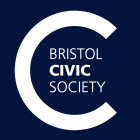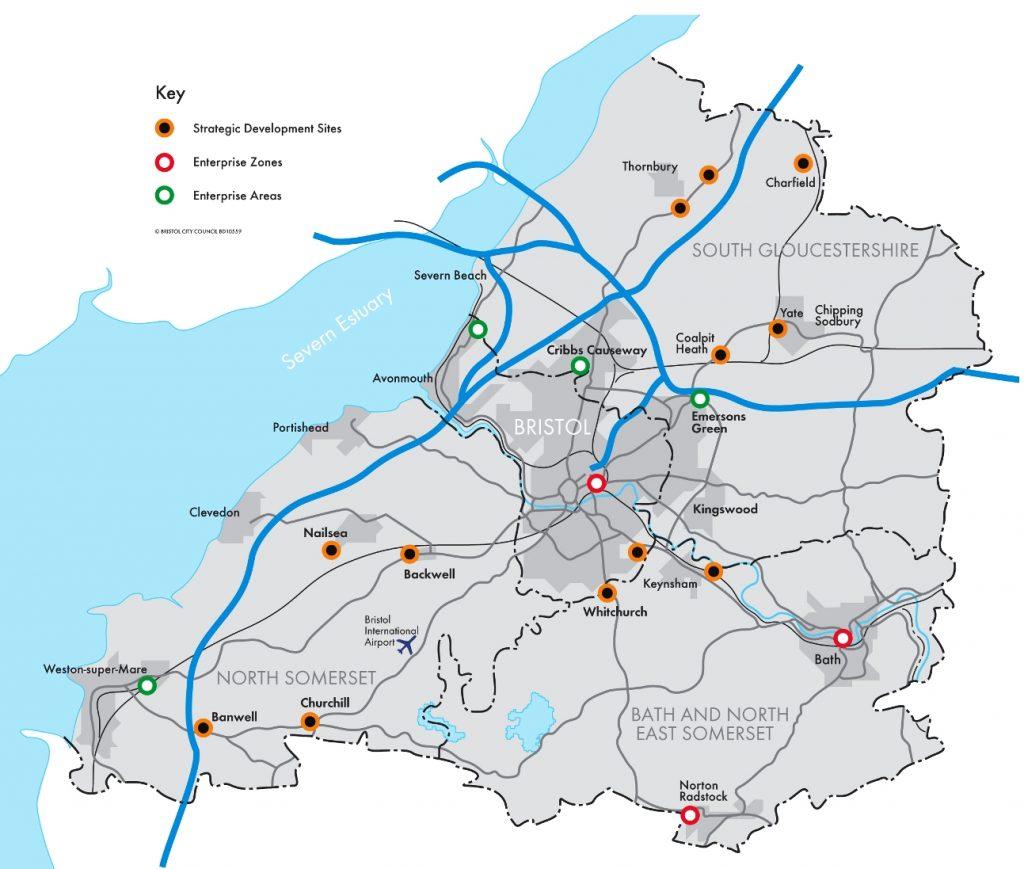Bristol Council has been consulting on a draft Bristol Transport Strategy. In planning policy, it sits between the West of England’s Joint Local Transport Plan and more detailed Bristol policies and plans.
The Society welcomes the strategy, but in its consultation response it makes the point that it is a strategy, not a plan. It does not provide clarity on how a prioritised plan will be put together. What is needed is a plan showing the sequence of the key actions: for instance, do Park and Ride sites have to be in place before any reallocation of roadspace takes place?
The Society has also commented:
- Underground mass transit and its costs: we await with interest the results of the mass transit feasibility study.
- Shorter-term measures: whilst we support exploring the feasibility of mass transit, this should not be a diversion from shorter-term measures.
- Re-allocation of street space: the Strategy’s ‘outcomes’ do not face into the issue that making space for one mode will take away space from another mode.
- Liveable neighbourhoods: the Strategy proclaims Bristol as “part of a global movement for healthy liveable cities”, but does not explain enough what that means by way of place-making.
- Masterplans: we support masterplans for growth areas, and believe the council should play a proactive role in this.
- Funding for walking, cycling and public realm improvements: there needs to be a funding strategy to ensure that such funding is not sidelined by funding for large schemes for other modes of transport.
- The need for a Regional Transport Authority: a Regional Transport Authority would help to ensure a joined-up approach across the four West of England local authorities.
- Clean Air Plan: a long-term strategy such as this should be driven by longer-term air quality goals to meet the lower WHO emissions limits.
The 2019 adopted transport strategy.
Full Bristol Civic Society response
Alan Morris

